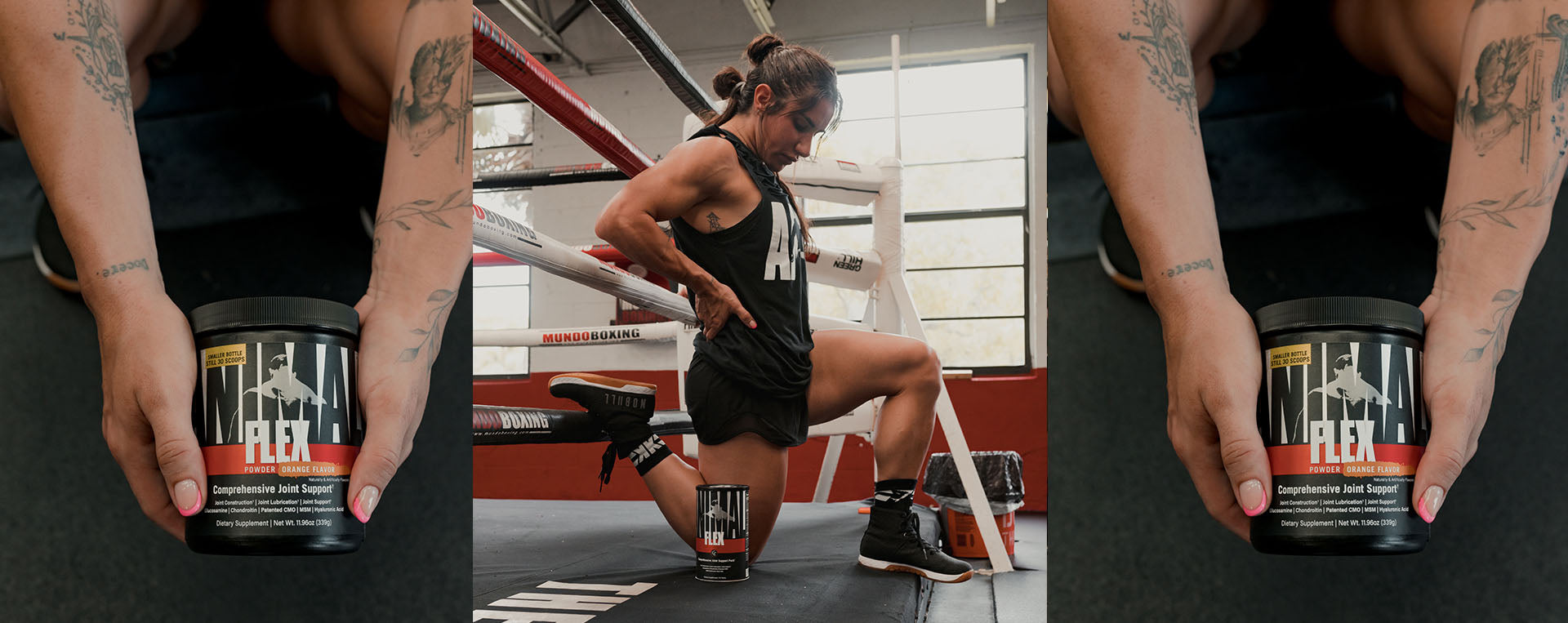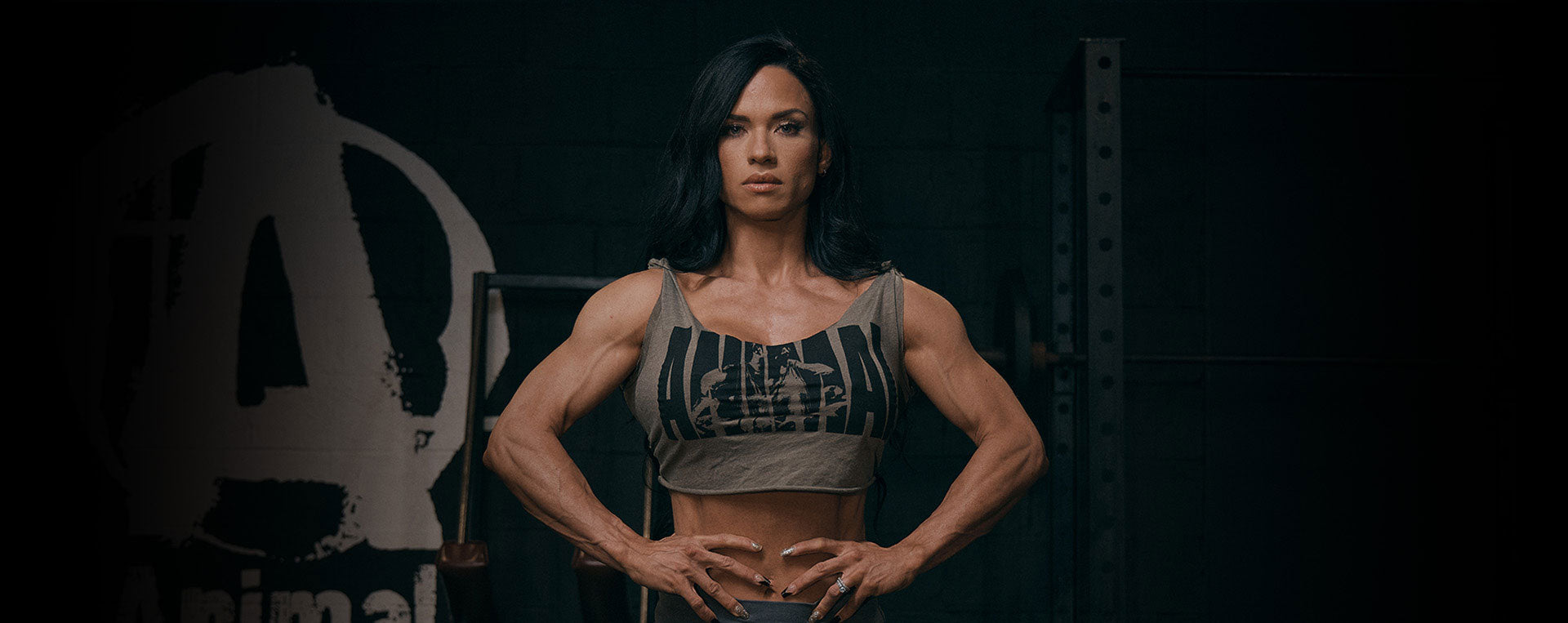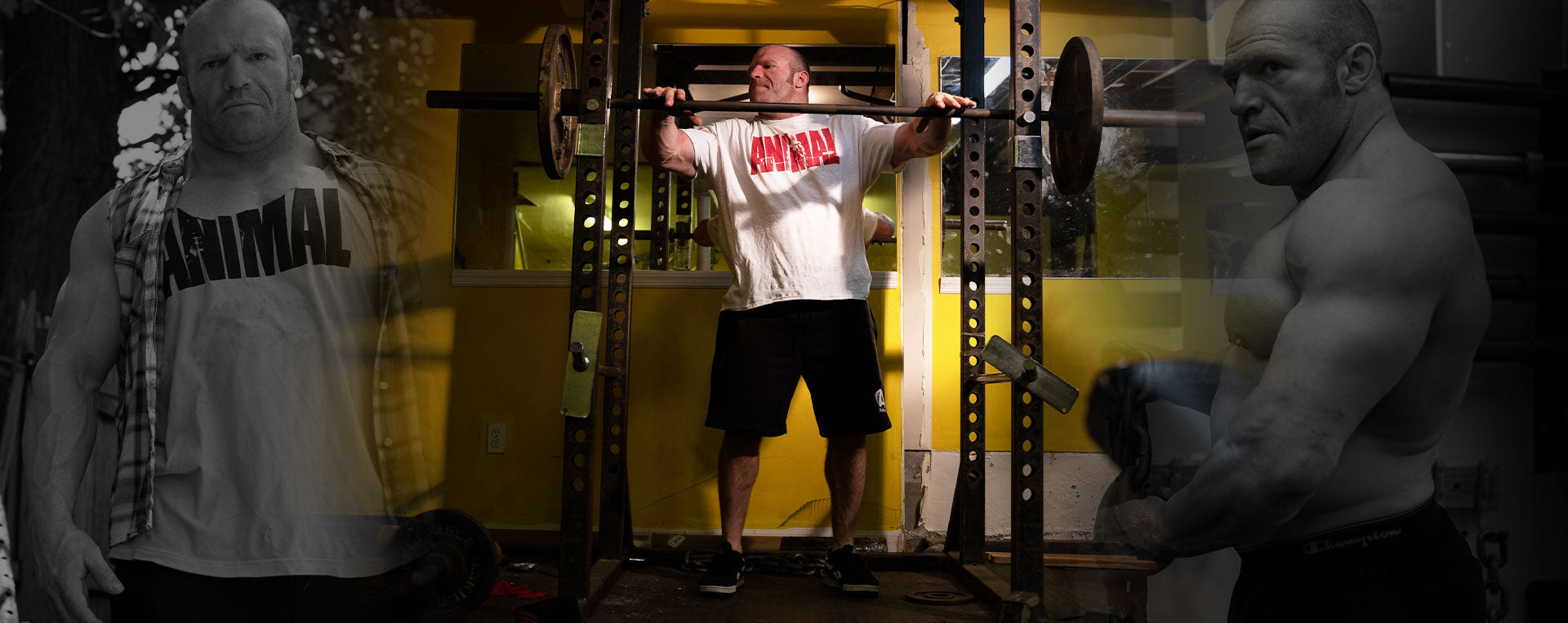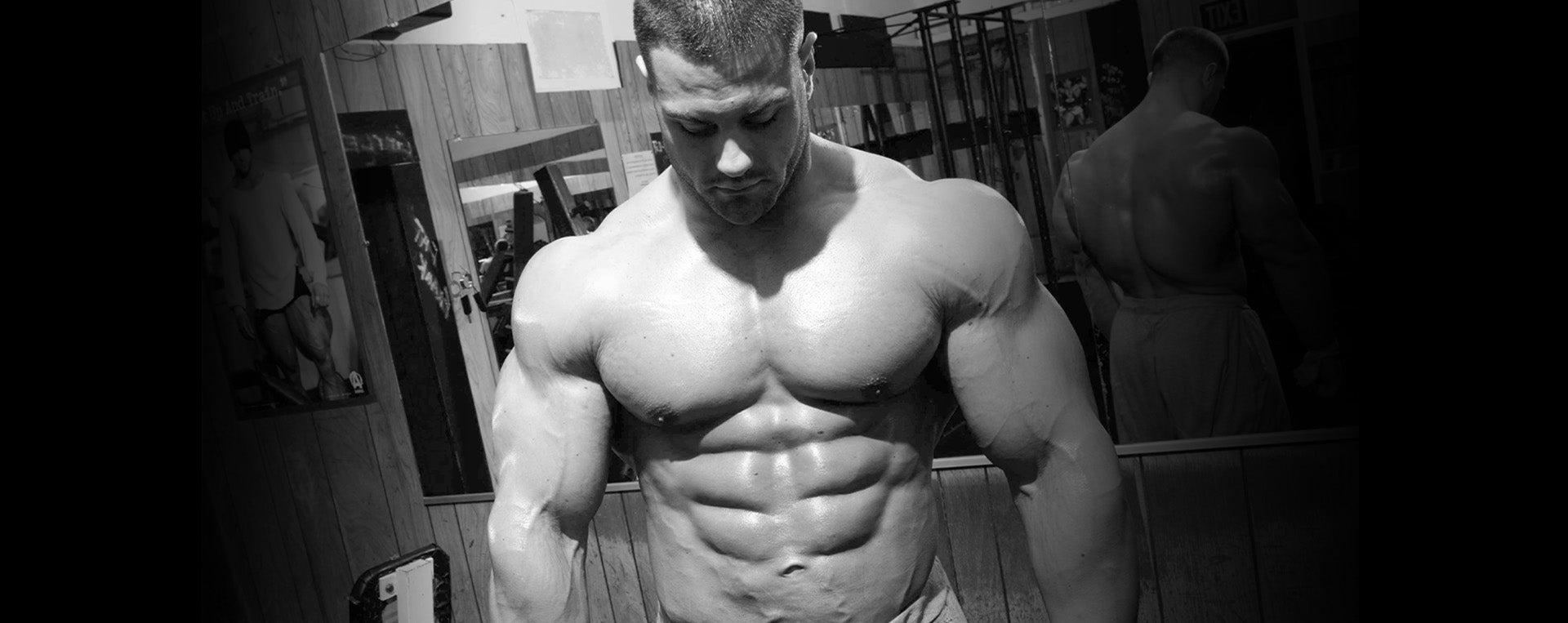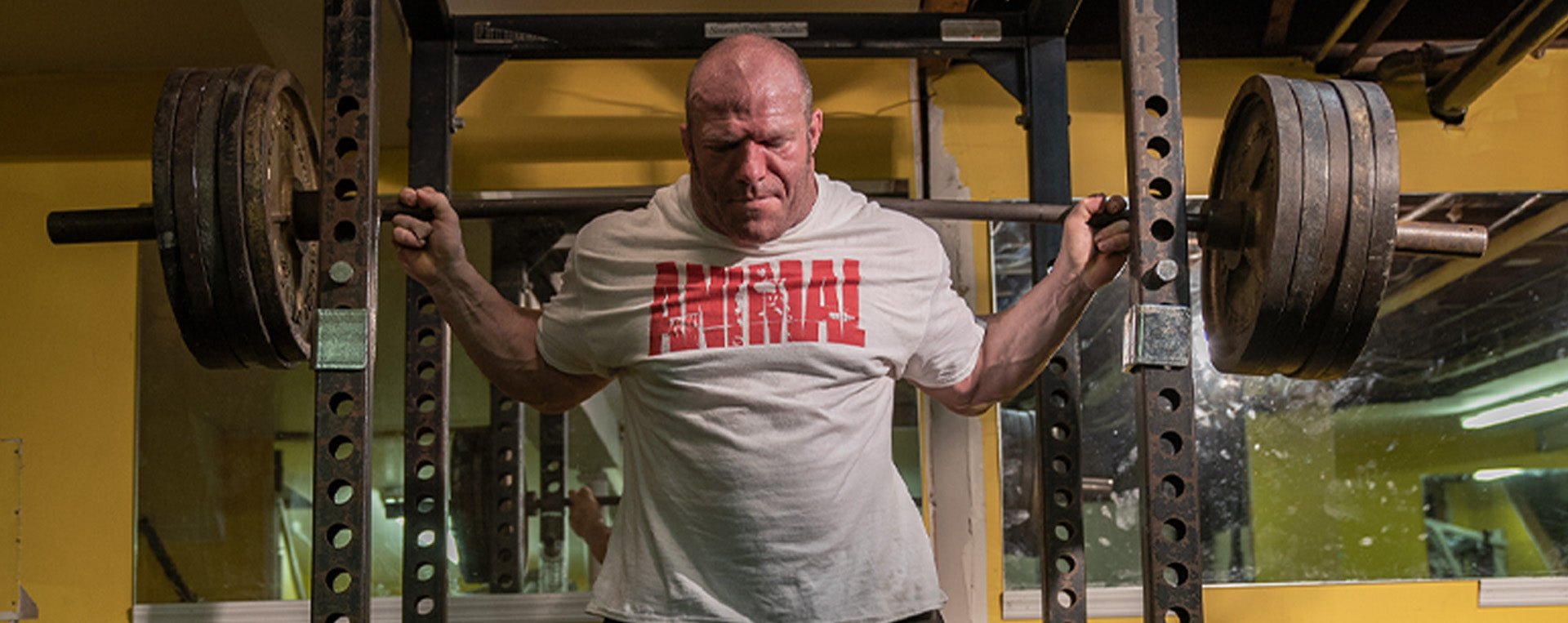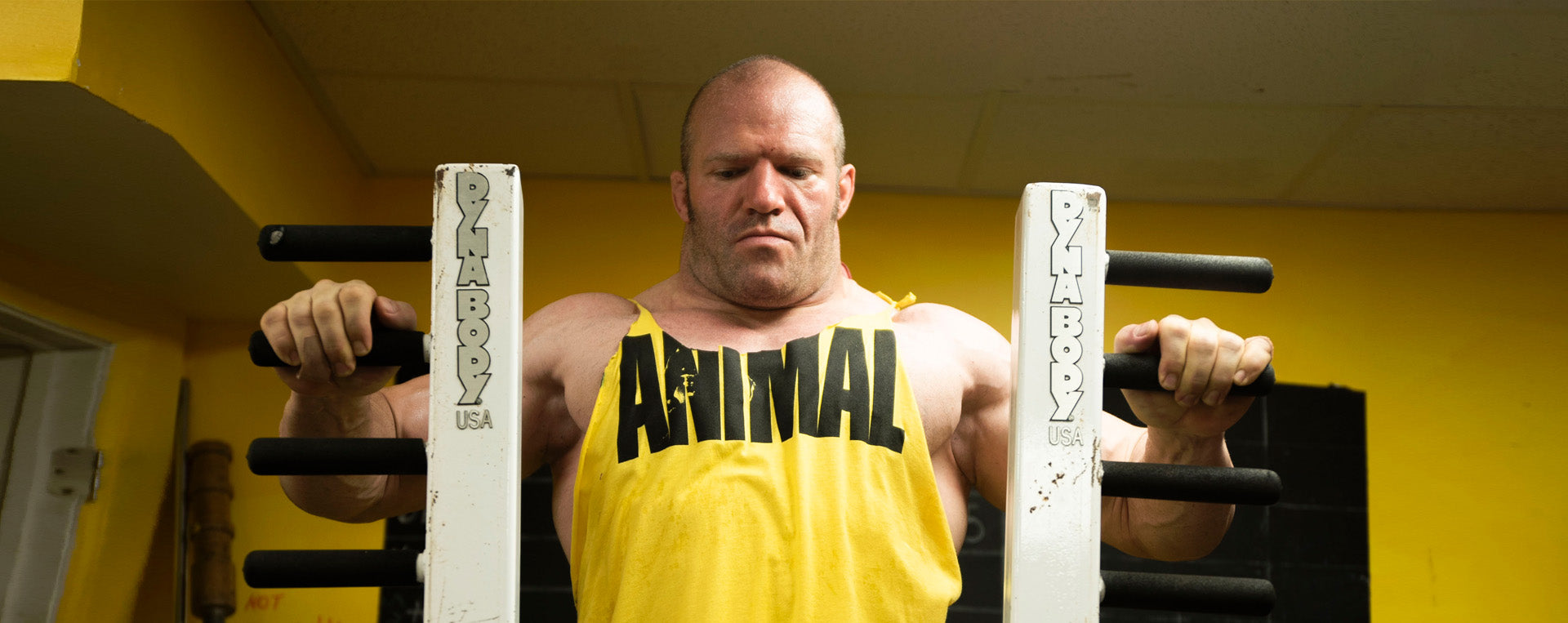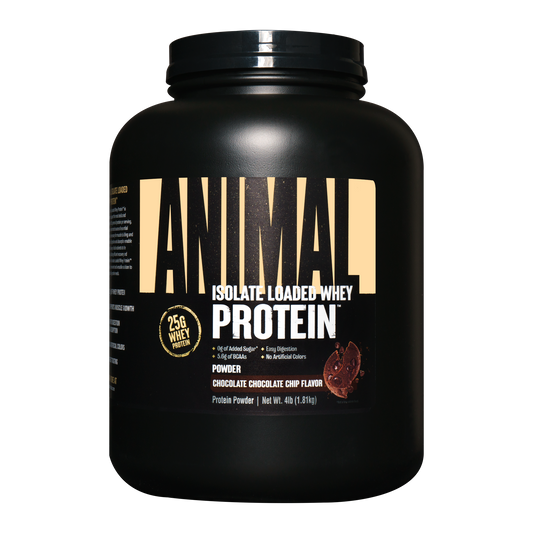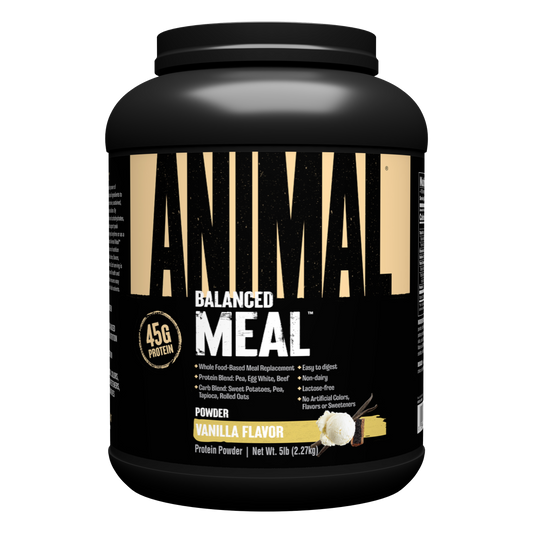Many seem to believe that purpose arises from an innate ability or special “gift” which sets you apart from the rest, but that is only one part of the equation. Purpose also grows from our connection to others. Once you find your path, you’ll almost certainly find others traveling along with you, hoping to reach the same destination—a community. Purpose grows from curiosity, and can turn into passion. It stems from searching and finding a topic, field, or sport that genuinely interests you. And finally, purpose can grow as a result of a positive feedback loop from finding your passion and talent.
Listen, I get it. We all want to do something that we enjoy doing, something that we love. This type of thinking is often perpetuated by our well-intentioned parents who encouraged us to find something we love doing and to study something that interests us. While this is not the worst advice in the world, it is misguided and utterly incomplete.
When it comes to finding your purpose—your calling, your true self—I want you to consider three things: skills, talents, and passion. But before we even get into that, we must come to terms with the fact that getting these three variables to align takes time, experimentation, curiosity, open mindedness, and the ability to come to terms with being called a quitter.
I tend to relate most things in my life back to sports, since for years it has been my identity and main interest. You might have heard of Malcolm Gladwell’s “10,000 hour rule.” He proposed that anyone could become a master if they dedicated ten thousand hours to their craft. This idea however was recently debated by Dave Epstein who confidently and factually concluded that early sampling across sports and delayed specialization is by far the most common path to the top.
This is where “generalists” or “slow bakers” thrive. Vincent Van Gogh, who bounced from vocation to vocation, changed his painting style hundreds of times until he found his own ecstatic vision and style. Gunpei Yokoi, the inventor of the Game Boy, used to be a service person at a Nintendo plant in Japan while balancing a handful of other hobbies. And even Charles Darwin constantly juggled scientific projects. One thing had nothing to do with the other but he continued to pile up data and knowledge on top of one another in a seemingly chaotic fashion.
We should be comfortable with movement in our professional or athletic lives. You can teach an old dog new tricks. In my opinion, switchers are winners. As Supreme Court Justice Oliver Wendell Holmes wrote a century ago of the free exchange of ideas, “It is an experiment, as all life is an experiment.” You don’t need to have your entire life figured out. Give yourself permission to learn, experience, and move on to the next thing without succumbing to society's ideas of what makes someone a winner or a quitter. Ultimately, sampling across domains, learning a little about a lot of things, and trying out different sports cracks open our own confirmation biases. Like David Epstein says, “It is not that we are unable to come up with contrary ideas, it is just that our strong instinct is not to.”
In our quest to find purpose, don’t put all of your eggs in one basket. Consider finding a way to balance these three variables out instead.
1. Skill
This is the ability to do an activity or job well after a period of deliberate practice. You have the potential to improve a skill by devoting time, energy, and resources into it, but your ability to achieve a high level of performance or mastery within a particular skill will be determined by your individual capabilities. For example, we can all learn to ride a bike but we can’t all become Lance Armstrong. Here’s the hard truth: hard work can only take you as far as your physiology and genetics allow. This is why we don’t decide what we want to do based on any one variable.2. Talent
A talent is an innate ability—you are born with it. It is also the rate at which you get better with effort. So talent is a product of both innate ability and effort, which means we might improve at a slower rate if the talent isn’t quite there. Understanding and accepting your limitations when it comes to talent can be difficult. You must identify your limitations and have an honest conversation with yourself about whether or not you lack the innate ability to perform at the highest level. For example, some people will never master the hand-eye coordination necessary to compete at the level of tennis pro Serena Williams, or have the intellect and mathematical abilities to become a NASA physicist.3. Passion
Passion is pretty self explanatory. It is something you are naturally inclined to do. It is a genuine interest and something that excites you. I wholeheartedly believe the only reason why most people don’t have a passion is because they fail to connect to others and the space around them. You can’t find something if you aren’t looking.The goal, then, is not to find something we are passionate about, or something we’re good at, or something we can get better at in isolation. The goal is to find something we like doing in which we have a base level of innate ability and the capability and room to improve. And the only way to find that something—to find your path—is to try things out, to keeping learning, and to not be afraid of quitting and failure.









